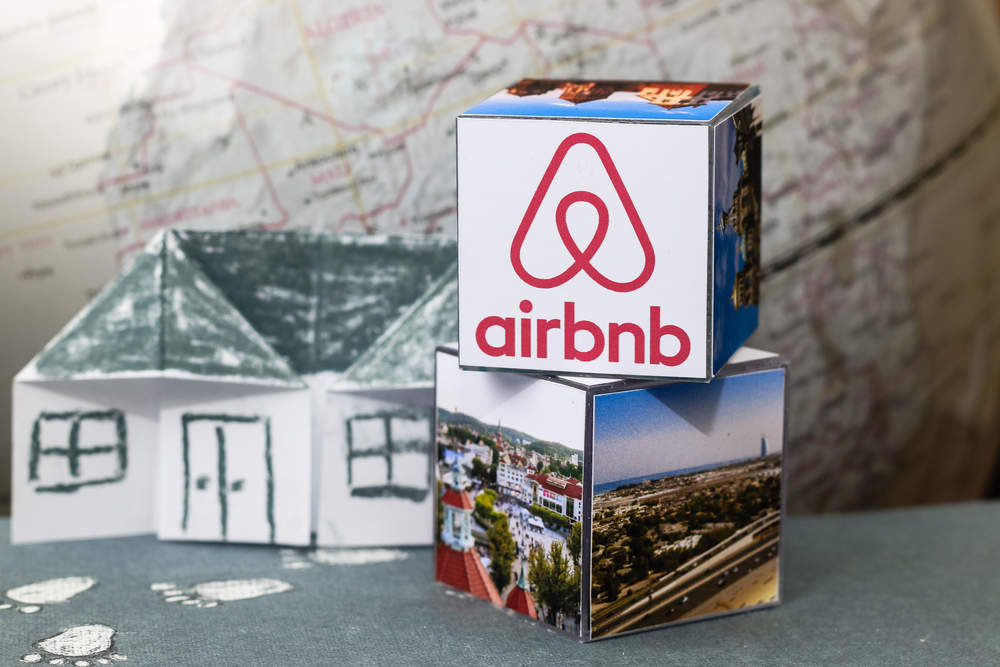Airbnb this week revealed it had taken $1bn in revenue for the third quarter of 2017. But the company’s future depends on whether it can stay on the good side of city officials.
The San Francisco-based company’s growth in revenue puts it on track to achieve profitability through 2017 after becoming profitable for the first time in the second half of 2016.
But – much like Uber – the company has faced criticism and how it decides to address these issues will determine the company’s future.
Airbnb has been accused of driving up property prices and exacerbating housing shortages in cities, which has consequently led to a backlash from regulators and urban dwellers calling for limits and increased regulation on the house sharing provider.
Without regulation, homeowners can make a lot more money renting houses and flats out on short-term rental platforms such as Airbnb rather than long-term.
A couple living in Seattle was evicted from their flat to later find the apartment on Airbnb.
How well do you really know your competitors?
Access the most comprehensive Company Profiles on the market, powered by GlobalData. Save hours of research. Gain competitive edge.

Thank you!
Your download email will arrive shortly
Not ready to buy yet? Download a free sample
We are confident about the unique quality of our Company Profiles. However, we want you to make the most beneficial decision for your business, so we offer a free sample that you can download by submitting the below form
By GlobalDataAdditionally, the company has been accused of being a platform for illegal renting, where short-term rental laws are simply not followed. Admittedly, Airbnb has not caused these issues per se, but irresponsible users who ignore short-term rental laws are giving Airbnb a bad name.
This has caused a number of city councils to react to the problem and implement new regulations to try and curb the issues caused by the platform.
Vancouver recently implemented a ban on a number of property types being listed on Airbnb; this includes homes that are unoccupied in the long-term, entire condos, and self-contained dwellings.
While, Queenstown has agreed to draft regulation reducing the number of days a year short-term rentals can be made available from 90 down to 28.
Airbnb announced it would voluntarily implement a cap on the number of days its hosts in four central Paris neighbourhoods can rent out their properties. This adheres to France’s official limit on short-term rentals of 120 days a year.
Airbnb’s move to comply with French regulations appears to be an attempt to please the city officials in the company’s biggest market.
But, the cap does not apply to the city’s 16 other neighbourhoods, meaning users can still exceed the official limit. Ignoring calls to act responsibly caused London to revoke Uber’s license to operate in the city.
If Airbnb fails to show corporate responsibility then cities are likely to impose even tougher restrictions, hindering the company’s future growth.
It should be Airbnb’s goal to ensure all users follow local laws, to prevent them becoming even stricter.
Much like Uber, Airbnb is a thriving start-up disrupting an established industry. There was always going to be backlash no matter what. But, Airbnb needs to show this can be done responsibly without side-stepping local regulations.
Responsible home-sharing is good for citizens and the travel industry; it supplements incomes, provides a cheap option for travellers and creates more competition in the hospitality industry.
But, increasingly home-owners are taking advantage of the platform and this is creating problems.
If Airbnb wants to prevent stricter regulations that would hinder the company’s growth, then it must work with local authorities to tackle these issues.








Related Company Profiles
Airbnb Inc